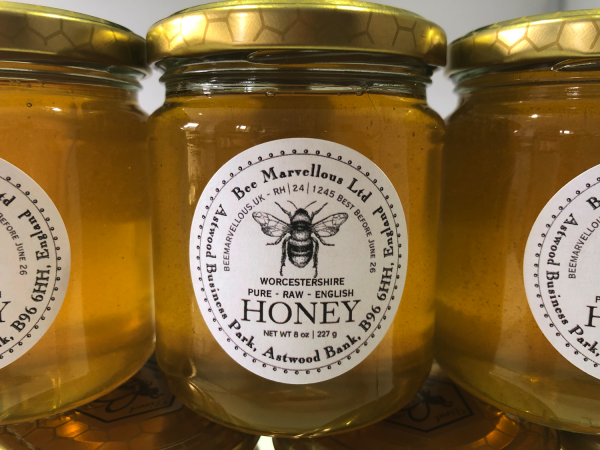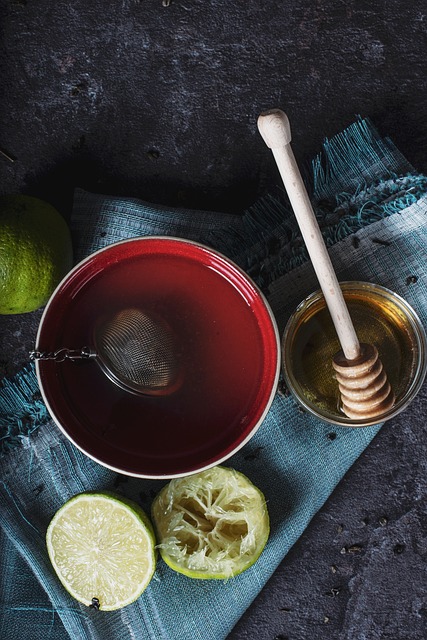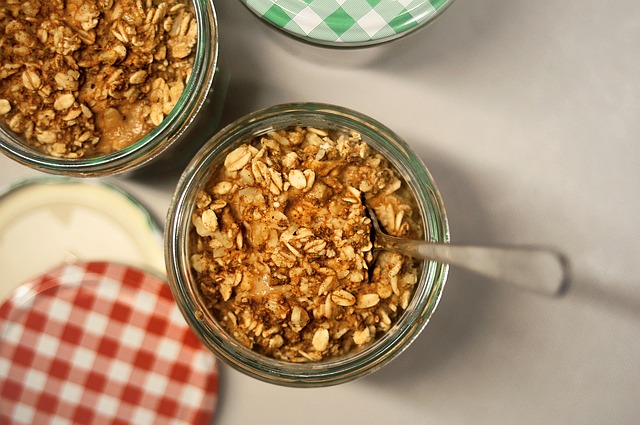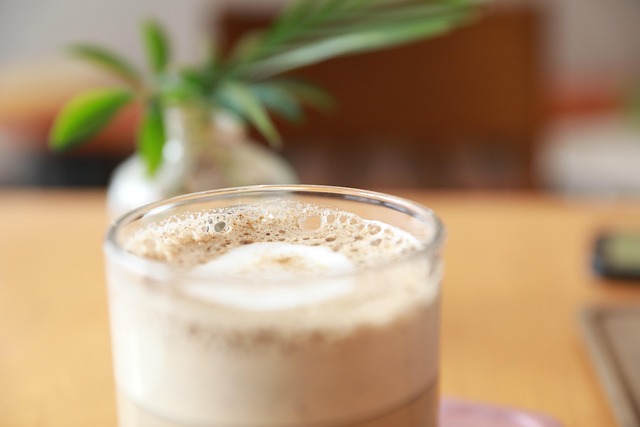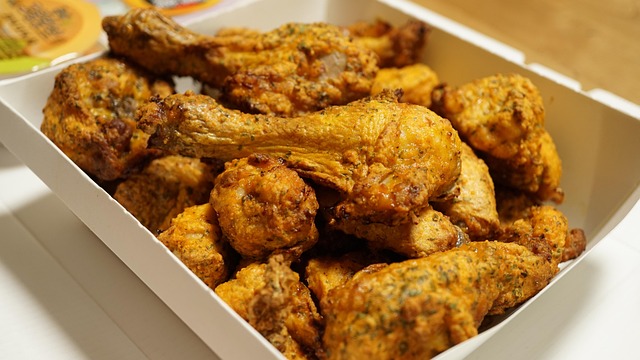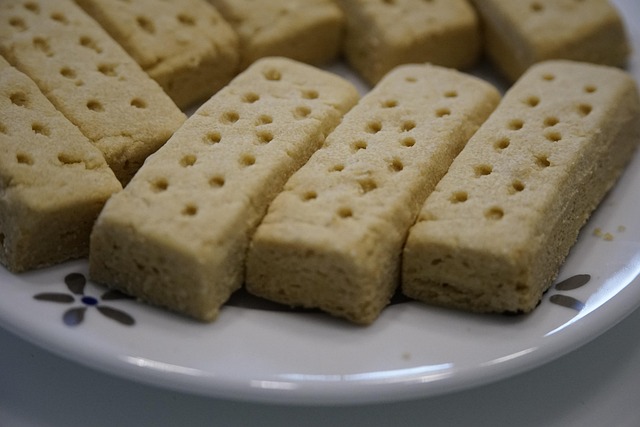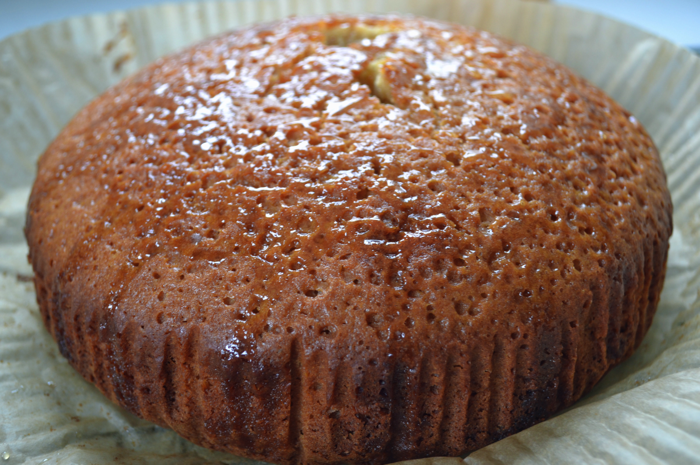
Honey has been cherished for centuries as a versatile natural remedy, but its role in skincare is particularly noteworthy. English honey, sourced from the diverse landscapes of the United Kingdom, stands out for its purity, rich nutrient profile, and sustainable production methods. Unlike commercial honeys that may be processed and stripped of their benefits, raw English honey retains its natural enzymes, antioxidants, and antibacterial properties, making it an ideal ingredient for nourishing the skin. This in-depth article explores the science behind English honey’s skincare benefits, its unique qualities derived from regional flora, practical applications in daily routines, and tips for incorporating it into homemade treatments. Whether you’re dealing with acne, dryness, or signs of ageing, discover how this golden elixir can transform your skincare regime.
The Natural Composition of English Honey: A Skincare Powerhouse
At its core, English honey is a complex mixture produced by bees from nectar collected across England’s meadows, woodlands, and gardens. Its skincare prowess stems from a unique blend of compounds that work synergistically to heal, hydrate, and protect the skin.
One of the key components is hydrogen peroxide, produced by the enzyme glucose oxidase when honey is diluted with water. This gives honey its natural antibacterial properties, helping to combat acne-causing bacteria without the harshness of chemical treatments. Additionally, English honey is rich in antioxidants such as flavonoids and phenolic acids, which neutralise free radicals responsible for premature ageing and environmental damage.
The humectant nature of honey is another standout feature—it draws moisture from the air and locks it into the skin, providing deep hydration. This is particularly beneficial for dry or mature skin types. Moreover, honey contains trace amounts of vitamins like B-complex and C, minerals such as zinc and potassium, and amino acids that support skin repair and regeneration.
What sets English honey apart is its raw, unpasteurised form, often harvested by small-scale beekeepers who prioritise quality over quantity. This preserves the propolis—a resin-like substance bees use to seal hives—which adds anti-inflammatory and antifungal benefits, making it suitable for sensitive or irritated skin.
Regional Variations: How English Terroir Influences Skincare Benefits
England’s varied climates and ecosystems impart distinct characteristics to its honeys, each offering tailored skincare advantages. For instance, heather honey from the Yorkshire moors is thick and jelly-like, packed with higher levels of antioxidants due to the resilient heather plants. Its robust texture makes it excellent for exfoliating masks, gently sloughing off dead skin cells while delivering a potent dose of nourishment.
In contrast, wildflower honey from the South Downs or Kentish orchards tends to be lighter and more floral, with subtle fruity notes. This variety is ideal for soothing sensitive skin, as its milder profile reduces the risk of irritation. Borage honey, common in Essex and Sussex, is renowned for its high gamma-linolenic acid content, which helps regulate oil production and is particularly effective for oily or combination skin prone to breakouts.
Urban honeys from London beehives, often derived from lime trees and diverse park blooms, offer a minty freshness that invigorates tired skin. These variations highlight how choosing a regional English honey can personalise your skincare routine, aligning with specific needs based on the honey’s floral origins.
Key Skincare Benefits of English Honey
English honey’s multifaceted benefits make it a staple in natural skincare. Here’s a closer look at how it addresses common concerns:
Combating Acne and Blemishes
The antibacterial action of English honey targets Propionibacterium acnes, the bacteria behind acne. Its low pH creates an acidic environment unfavourable to microbial growth, while its anti-inflammatory properties reduce redness and swelling. Regular use can lead to clearer skin without the drying effects of traditional acne treatments.
Hydration for Dry and Dehydrated Skin
As a natural humectant, honey excels at retaining moisture. When applied as a mask or mixed into creams, it forms a protective barrier that prevents water loss, leaving skin soft and supple. This is especially useful in England’s variable weather, where cold winds and central heating can exacerbate dryness.
Anti-Ageing and Wrinkle Reduction
Antioxidants in English honey fight oxidative stress, promoting collagen production and improving skin elasticity. Over time, this can diminish fine lines and wrinkles, giving a youthful glow. The enzymes also gently exfoliate, revealing brighter skin underneath.
Soothing Irritation and Healing Wounds
Honey’s wound-healing properties have been utilised since ancient times. It accelerates tissue repair by providing a moist environment and stimulating cell growth. For minor cuts, burns, or eczema flares, a thin layer of raw English honey can offer relief and speed recovery.
Brightening and Evening Skin Tone
The natural acids in honey act as mild exfoliants, helping to fade hyperpigmentation and scars. Combined with its brightening vitamins, it can enhance overall radiance, making it a gentle alternative to chemical peels.
Incorporating English Honey into Your Skincare Routine
Integrating English honey into skincare is straightforward and rewarding. Start with patch testing to ensure compatibility, especially for sensitive skin.
Daily Cleansing and Moisturising
Mix a teaspoon of honey with warm water for a gentle cleanser that removes impurities without stripping natural oils. For moisturising, blend honey with aloe vera gel or your favourite oil (like jojoba) for a lightweight serum.
DIY Face Masks and Treatments
- Hydrating Mask: Combine two tablespoons of English wildflower honey with mashed avocado and a dash of yoghurt. Apply for 15-20 minutes to deeply nourish dry skin.
- Acne-Fighting Mask: Mix heather honey with cinnamon powder and a few drops of tea tree oil. Leave on for 10 minutes to target blemishes.
- Exfoliating Scrub: Blend borage honey with fine oats and lemon juice for a gentle scrub that brightens and smooths.
- Anti-Ageing Treatment: Whisk lime honey with egg white and apply as a mask to tighten pores and reduce wrinkles.
Use these 2-3 times a week, rinsing with lukewarm water. Store mixtures in the fridge for up to a week.
In Commercial Products
Look for English honey in natural skincare lines, such as balms, serums, and creams. Brands sourcing from local apiaries ensure authenticity and potency.
Precautions and Considerations
While generally safe, raw honey may contain botulinum spores, so avoid using it on infants under one year. Those with pollen allergies should opt for filtered varieties. Always source from reputable English producers to avoid adulterated products. If you have severe skin conditions, consult a dermatologist before use.
Conclusion: Harnessing Nature’s Gift for Radiant Skin
English honey embodies the harmony between nature and wellness, offering a sustainable, effective alternative to synthetic skincare ingredients. Its regional diversity allows for customised applications, while its natural properties deliver tangible benefits for all skin types. By incorporating this timeless ingredient into your routine, you not only enhance your complexion but also support local beekeepers and biodiversity. Embrace the sweetness of English honey—your skin will thank you with a healthy, luminous glow.
